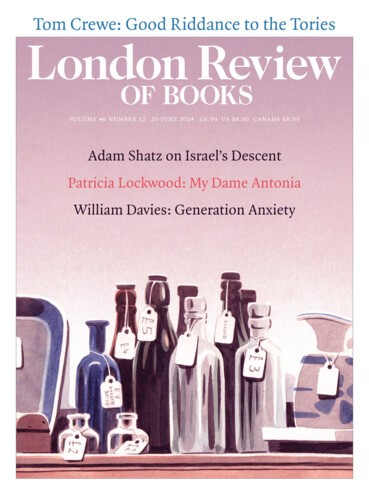How to Speak Zazie: Translating Raymond Queneau
Dennis Duncan, 20 June 2024
‘Si tu t’imagines,’ Juliette Gréco sang. ‘If you imagine.’ It was her first time singing in public, on 22 June 1949, at the Boeuf sur le Toit cabaret, the beginning of her seven-decade reign as the first lady of French chanson. Both the venue and the song were selected by Gréco’s unlikely svengali, Jean-Paul Sartre. François Mauriac, three...



